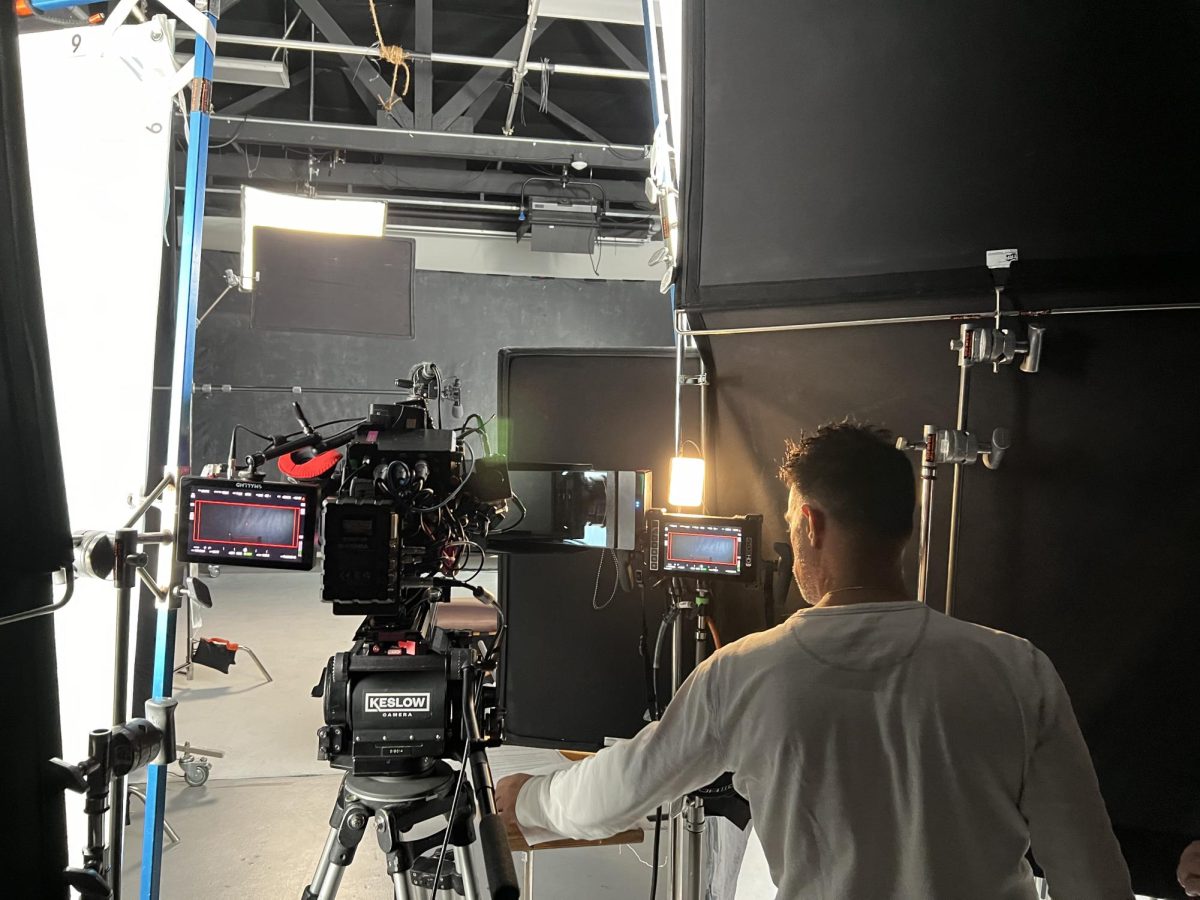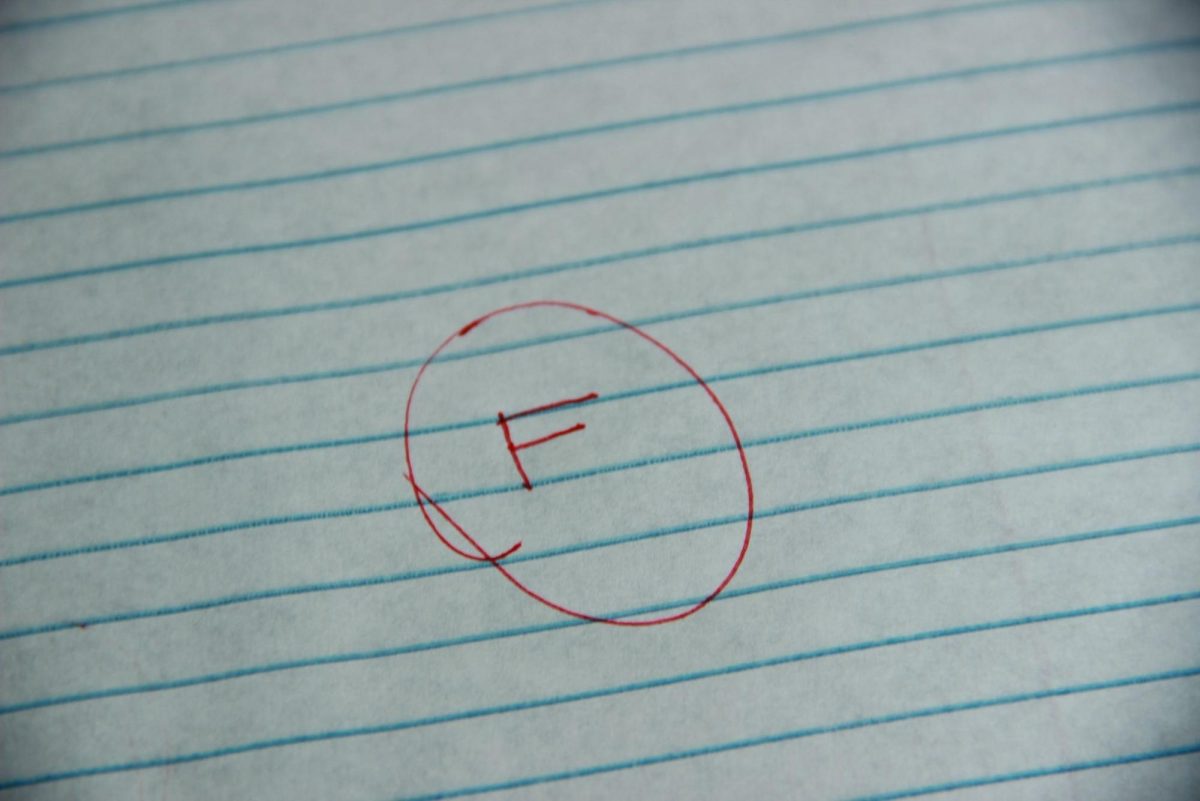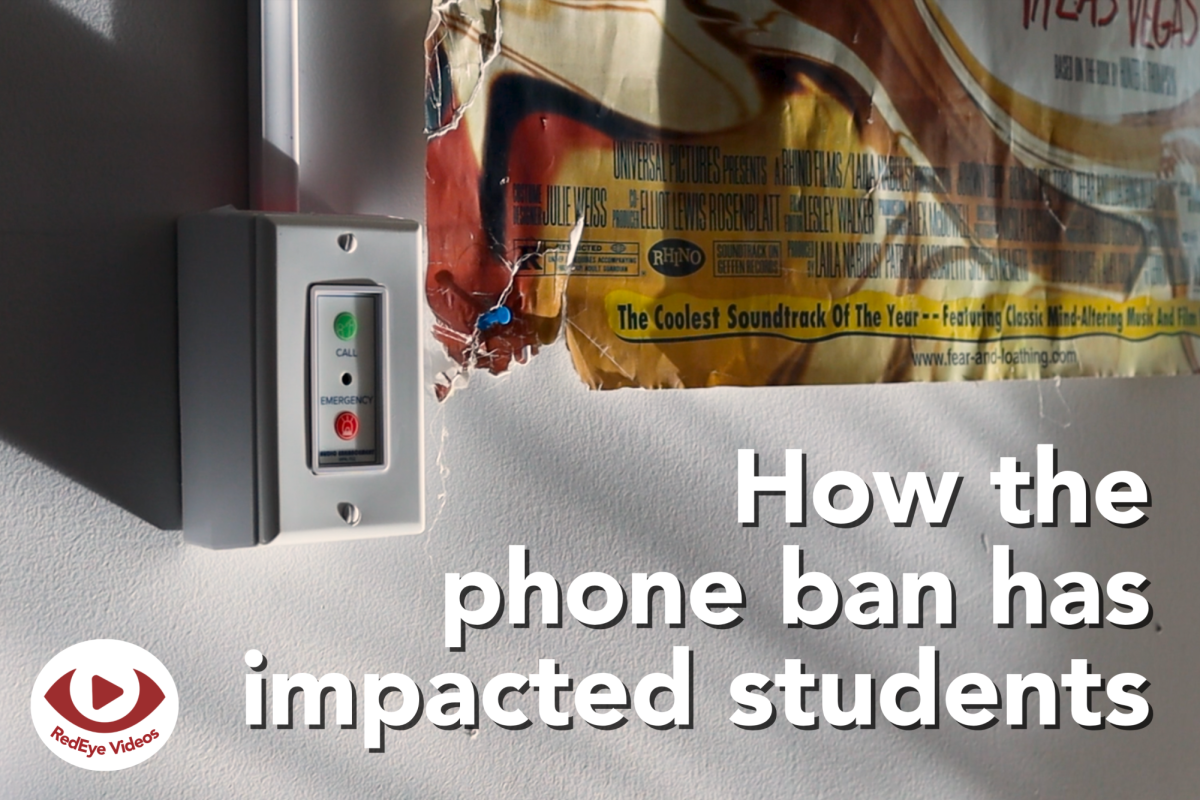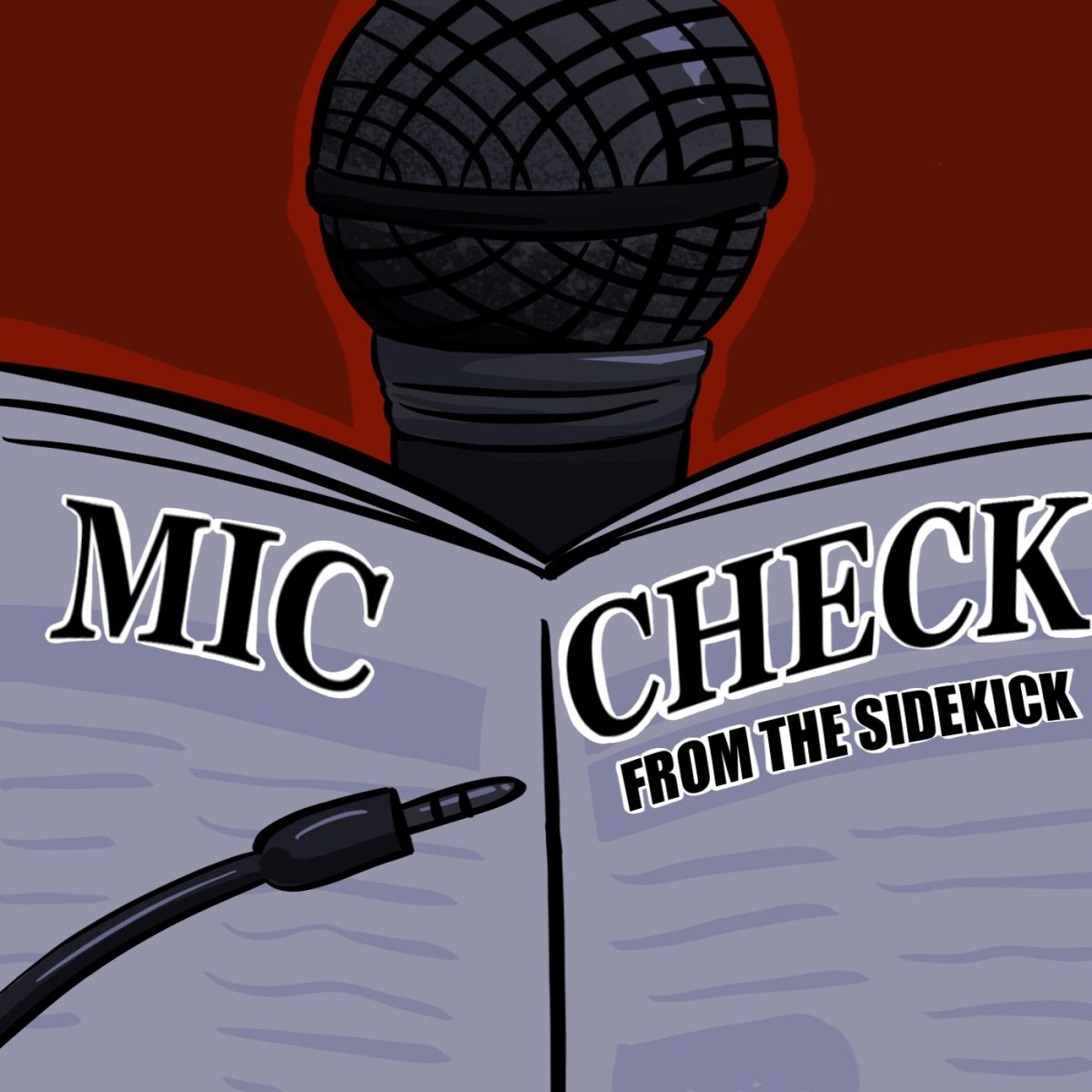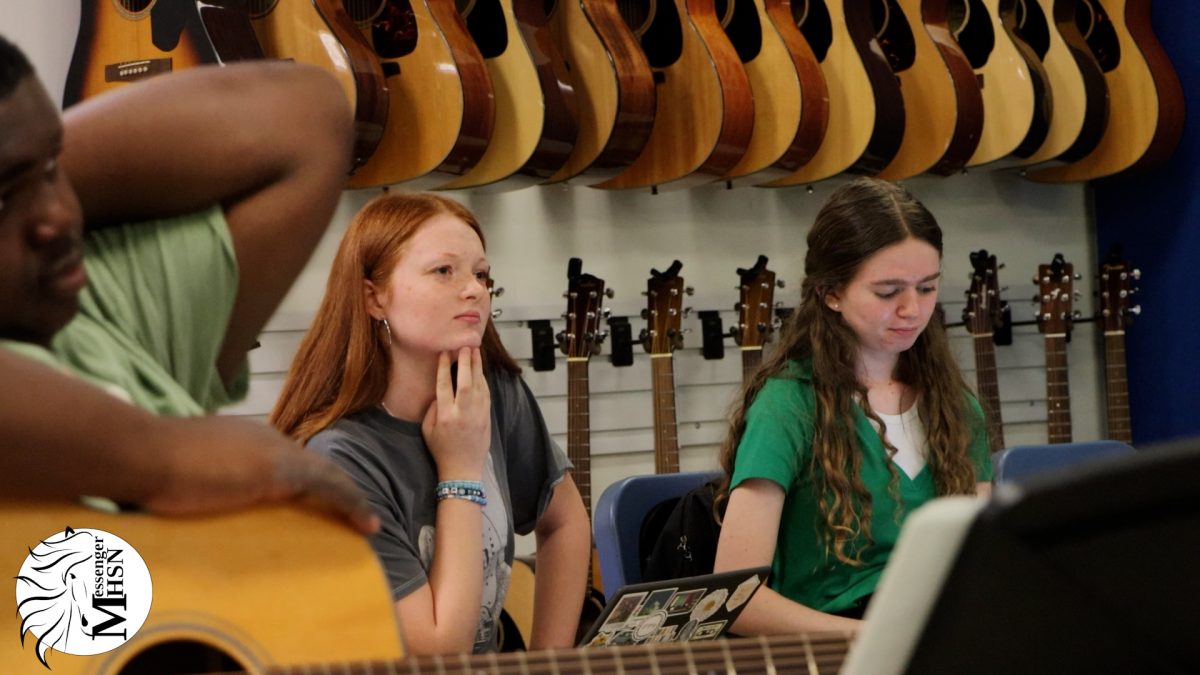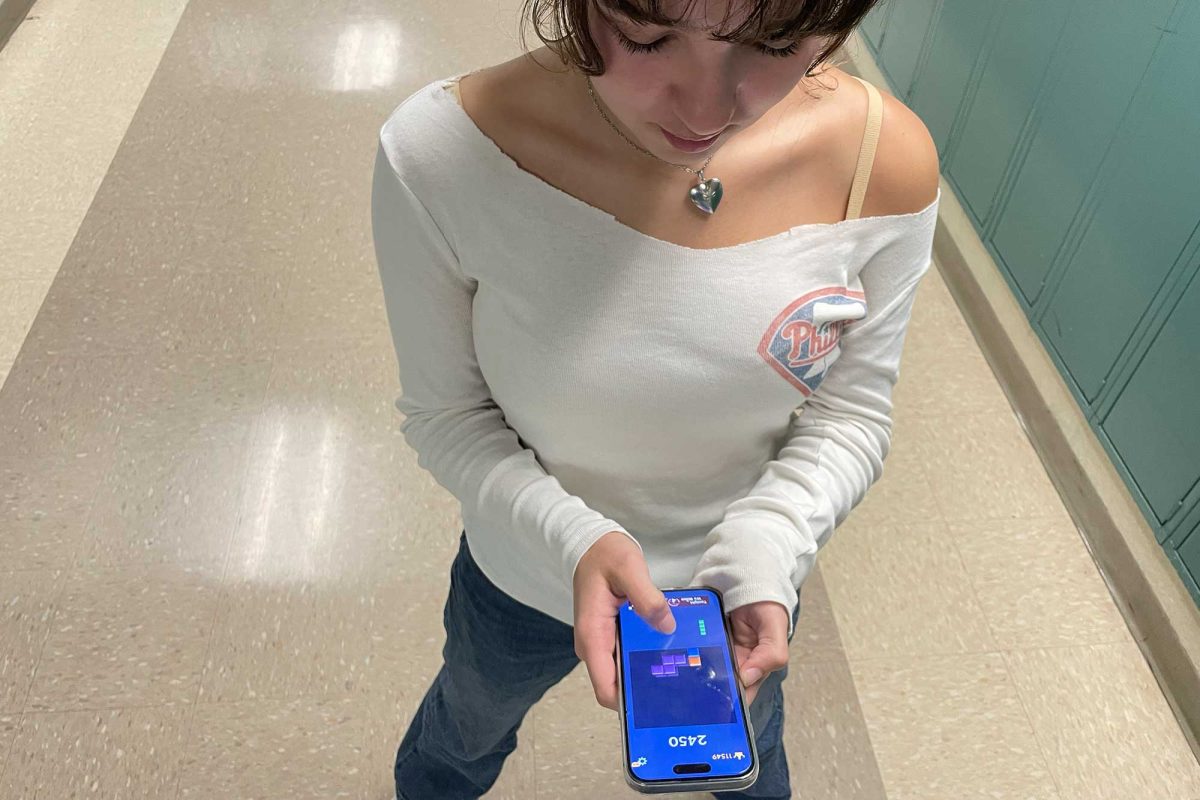According to research from the University of California, Irvine, after a slight distraction caused by your phone, it will take an average of 23 minutes to regain focus.
By now, surely, you’ve seen or played Block Blast on a phone in at least one, if not all, of your classes.
It seems like every year, there’s a new app that everyone is glued to. Whether it be last year’s infamous Watermelon game, Brawl Stars, or recently, Block Blast, it’s safe to say that despite efforts at ‘Screens Off, Minds On,’ some students spend a lot of time playing games on their phones during class time.
Though its prominence has spiked recently, the game was released on September 23, 2022, according to Sensor Tower. The game is a logic puzzle that involves fitting differently shaped blocks onto an 8×8 square board, clearing rows and columns to get points. The game has a 4.9 out of 5-star review on the Apple App Store and is also Apple’s number one game on the Casual games chart as of early December.
Sophomore Ryley Bergin enjoys the captivation of the game and finds herself playing it often in class.
“It really tickles my brain trying to fit all of the [blocks] in there,” Bergin said. “The game really pulls me in, but classes don’t.”
While the game may be a pleasurable experience, it is among several other apps that raise questions about their effect on brain functioning.
According to an article published on Piedmont.org, M.Ed Dennis Buttimer at Thomas F. Chapman Family Cancer Wellness in Georgia finds that constantly checking your phone can alter brain processing.
“When we check our phones, our brains release a small amount of dopamine. Dopamine motivates us to take action, and each time we hear a notification, we check our device,” Buttimer stated. “The problem is this dopamine boost is temporary and leads to a letdown.”
Block Blast also triggers a dopamine release, flooding reward pathways in the brain, especially when clearing the board or getting a combo in the game, which is a draw for many players.
“It’s very fun and it gives me a sense of accomplishment whenever I get a really nice appetizing explosion when I fill them all in perfectly,” sophomore Veronica King said.
King started playing the game because she noticed many others playing it.
“I started playing it because I saw everyone was playing it, and I just go with the flow. If someone recommends a game, then I will start playing it. I saw it on TikTok, too,” King said.
Although these elements draw you into the game, they cause unintentional distractions and sidetrack work.
After checking your phone, whether to check a notification, respond to a text, or play Block Blast, it takes 23 minutes to regain focus on a task fully. Yet, despite this study, many find that they can focus better after playing Block Blast.
“We had 30 minutes of free time, and I needed a mind break. I started playing Block Blast, and after ten minutes, I was revived and went back in and did my project,” sophomore Roxanna Shelton said.
But, a study by the National Library of Medicine finds that regardless of how it may seem, taking a break by going on your phone does not allow the brain to recharge quickly. Though games manipulate this feeling in your brain, experiments prove this is not the true case.
“I’ve seen people play it the entirety of the class, and they don’t really get anything done,” senior Nick Bisordi said.
Although distractions can negatively impact cognitive functioning in class, games like Block Blast feed off users’ boredom and habits, which is why picking up your phone during class to play a game isn’t foreign.
“It’s satisfying and easy, something I can do mindlessly… I’m playing it right now,” junior Pearl Tweedy said.
This story was originally published on Panther Press on December 17, 2024.






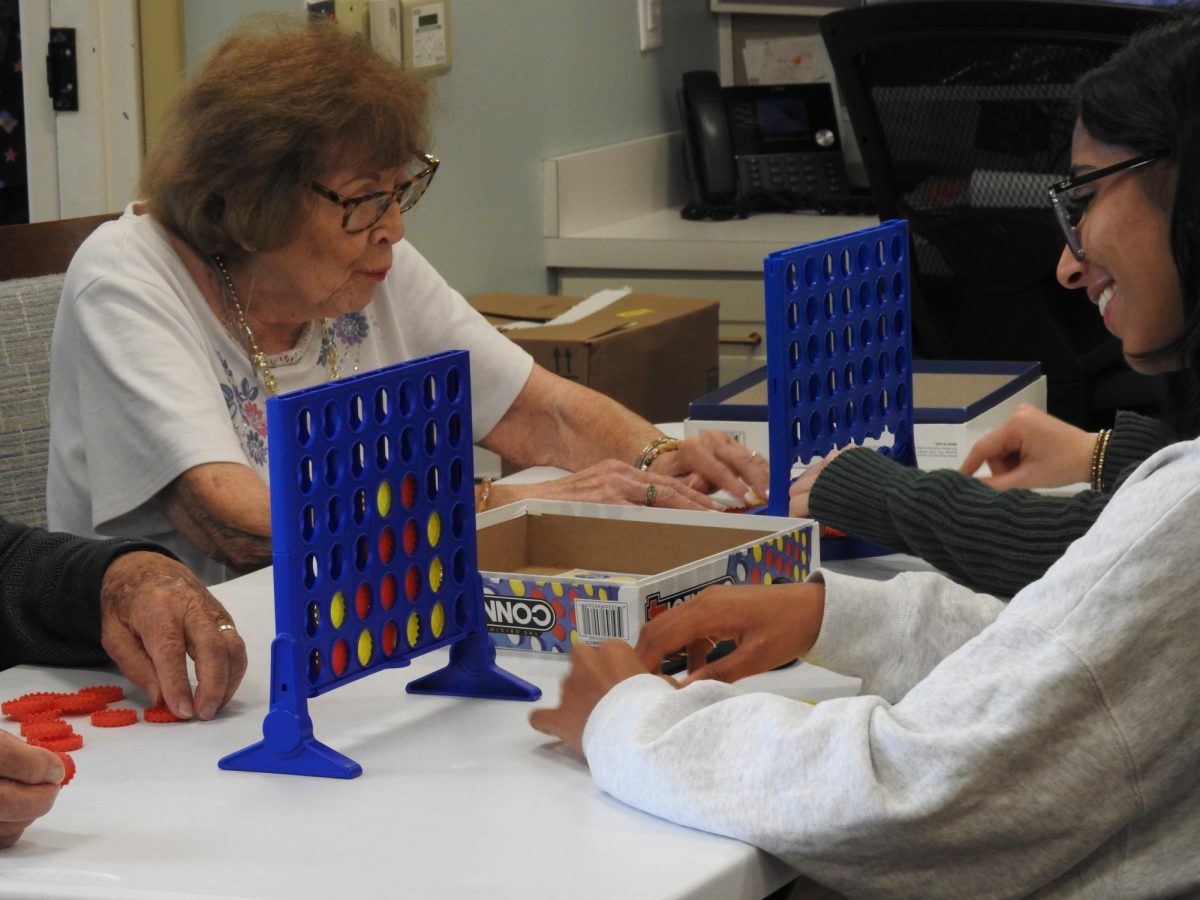



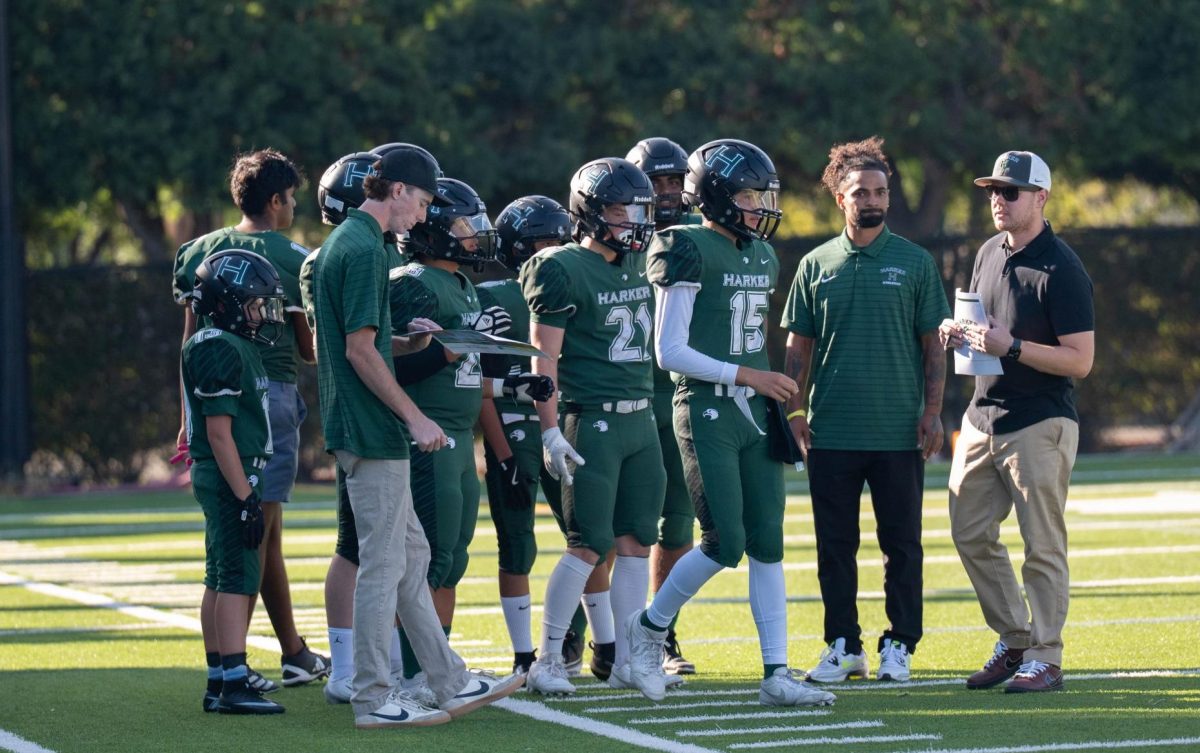


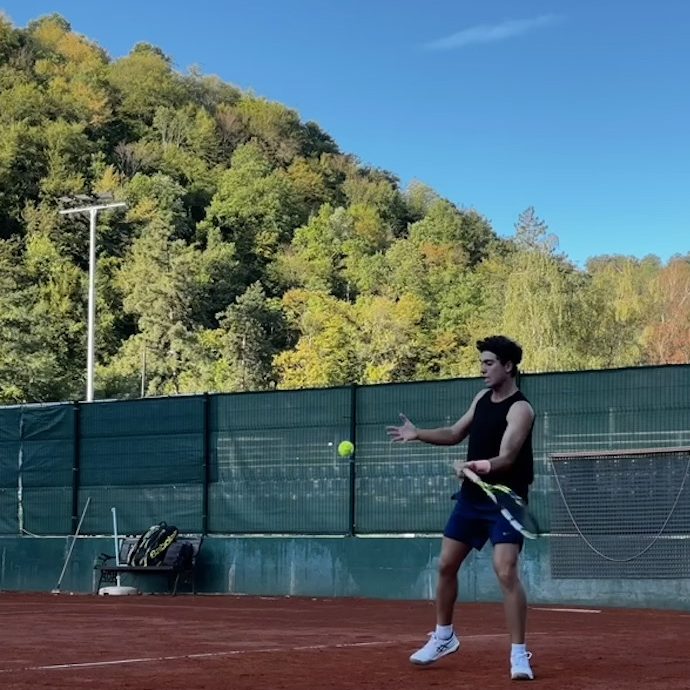

![Gazing across the stage, sophomore Alexis Monteleone performs in the school theater. The Monteleone family’s band “Monte and the Machine” has been releasing music since 2012, but Alexis started her own solo career in 2024 with the release of her first single, Crying Skies. “My whole family is very musical, [and I especially] love writing [songs with them],” Monteleone said.](https://bestofsno.com/wp-content/uploads/2025/10/DSC7463-1200x798.jpg)

